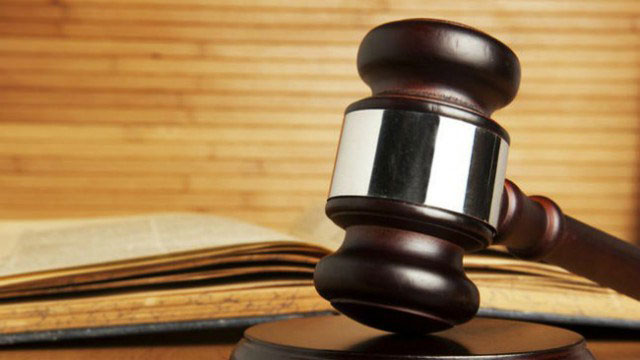
Kampala, Uganda | THE INDEPENDENT | The High Court in Kampala has dismissed with costs an appeal in which Abdul Nasser Mukasa, who was a candidate in 2021 Makindye East LC5 Council race was challenging a bill of costs worth 8,778,000 million shillings filed against him by his rival and eventual winner Muhammad Wasswa Mwanje.
The dismissal was on Friday in a ruling delivered by Civil Division Judge Musa Ssekaana.
It all started in 2021 when Mukasa, under the National Resistance Movement stood in the election and lost to Mwanje of National Unity Platform. Mukasa went ahead and challenged the election results on grounds that they were not free and fair, having been tainted with malpractice allegedly sponsored by Mwanje.
But on July 5th 2022, the Makindye Grade One Magistrate John Pauls Osauro upheld the victory of Mwanje and ordered Mukasa to pay him 8.7 million shillings as money spent while defending himself in court.
Dissatisfied with the decision, Mukasa appealed in the High Court seeking to set aside the bill endorsed by court against him. Mukasa argued that the Taxing Master erred in law and in fact when he held that he had was a substantive Election Petition whereas not thereby arriving at a wrong conclusion hence occasioning a miscarriage of justice.
Court also heard that the Taxing Master erred in law and in fact when he taxed and allowed several services charged in Mukasa’s bill of costs whose dates when rendered were not provided thereby arriving at a wrong conclusion hence occasioning a miscarriage of justice.
Mukasa also said that the monies were excessive. The respondents never appeared in court.
In his ruling, Justice Ssekaana ruled that Mukasa did not set out which specific items were taxed excessively as required by Regulation 3(1) of the Advocates (Taxation of Costs) (Appeal and References) Regulations .
The said regulation states that every appeal shall be by way of summons in chambers supported by affidavit which shall set forth in paragraphs numbered consecutively particulars of the matters in regard to which the taxing officer whose decision or order is subject of the appeal is alleged to have erred.
“In absence of any particulars being set out in the affidavit this court should not get into speculating that every item considered was excessive since the same are not set out. Equally important is the fact that some items were agreed upon by the appellant at taxation hearing and therefore in my view cannot be subject of an appeal.
He added that there are no rigid rules to be applied in taxation matters but the circumstances of the case must be considered in order to balance the interests of the parties.
He said the purpose of taxation is not to redress party’s unhappiness in getting so much or paying so low but to ensure fair and reasonable remuneration for work done.
“In awarding the costs, the court will look at the costs incurred in the prosecution of the action and award costs accordingly. So long as a reasonable sum is made, the taxing officer has exercised his discretion reasonably and no party has suffered any prejudice. Costs cannot cure all financial loss sustained in the litigation,” said Ssekaana while dismissing the appeal.
As a consequence, he has ordered Mukasa to pay further costs for this appeal.
Before taking leave of this case, Justice Ssekaana who is also the head of the Civil Division of the High Court has strongly warned lawyers against misleading clients and advising them wrongly as opposed to telling them the right procedure. He accuses the lawyer who represented Mukasa for recklessly, carelessly and negligently filing an election case out of time.
Before I take leave of this matter. This was a clear case of negligence of counsel who tried to file an application for leave to extend time to file an election petition. The Application was ‘strangled at birth ‘by a preliminary objection which the trial court upheld. This should have been a proper case to award costs or part of costs against the careless, reckless or negligent counsel in this matter,” said Ssekaana.
He added that “once the faults are in procedure, such sins of counsel should not be visited on their clients. The faults were those of his lawyers, it would not be right to penalize him for the faults of his lawyers.
According to Ssekaana, the advocate in this matter ought to have known that time set by statute cannot be extended by court and any application made in that line would be an act in futility.
“This was an act of professional negligence and the advocate cannot escape liability by “labelling” or “baptizing” his/her act or omission as an error of judgment. Where the procedure taken is wrong, it cannot be regarded a mere error of judgment in order to absolve the lawyer from liability,” added Ssekaana.
*****
URN


